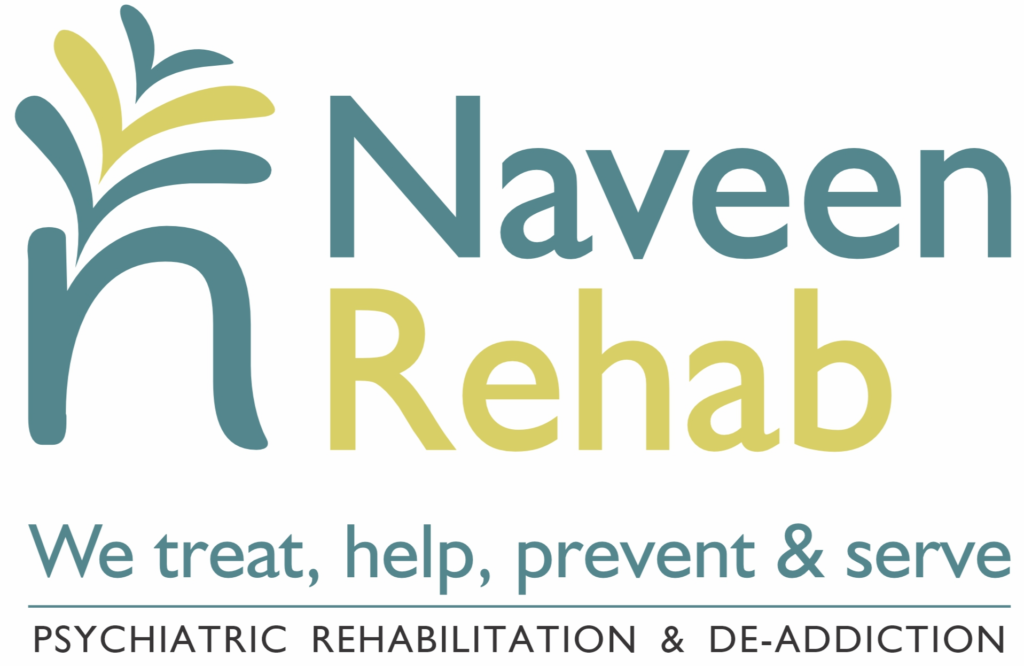Obsessive Compulsive Disorder (OCD)
Take back control of your life and manage your OCD with Naveen Rehab & De-addiction Center.

Obsessive Compulsive Disorder Treatment @ Naveen
At Naveen, we follow a phased, systematic approach of therapy and treatment to bring you out of depression or distress, which is time-proven and found to support people to continue with their normal lives, thus, fast-tracking their success rate. We offer quality Obsessive Compulsive Disorder Treatment in Coimbatore through OCD doctors and specialists.
- What?
- Why?
- How?
Obsessions are unwanted and intrusive thoughts, images, or urges that cause anxiety or distress.
Compulsions are repetitive behaviors or mental acts that a person feels the urge to do in response to an obsession. They are often done in an attempt to relieve the anxiety or distress caused by the obsession.
Obsessions and compulsions in OCD create a repetitive cycle that is challenging to break. Obsessions are intrusive thoughts or urges that cause significant anxiety or distress, prompting the individual to engage in compulsive behaviors as a way to alleviate these feelings. However, the relief from compulsions is only temporary, and the anxiety soon returns, reinforcing the cycle. Over time, this pattern becomes more ingrained and consumes a large portion of the person’s day, interfering with their ability to carry out daily tasks. As the cycle escalates, it can disrupt relationships, work, and overall well-being, leading to feelings of frustration, isolation, and emotional exhaustion. Without proper treatment, this cycle can significantly impact the individual’s quality of life and mental health.
The exact cause of OCD is not fully understood, but it is thought to be a combination of
genetic, biological, and environmental factors.
Genetics: OCD appears to run in families, suggesting that there may be a genetic component to the disorder. However, specific genes that contribute to OCD have not yet been identified.
Brain chemistry: Some studies have shown that people with OCD have imbalances in
certain brain chemicals, such as serotonin. However, it is not clear whether these imbalances are a cause or a result of OCD.
Environmental factors: Some environmental factors that may increase the risk of
developing OCD include:
Traumatic or stressful life events: Experiencing a traumatic or stressful life event, such as
abuse, neglect, or the death of a loved one, may increase the risk of developing OCD.
Childhood experiences: Some people with OCD report having experienced childhood experiences, such as being raised in a very strict or controlling environment, that may have
contributed to the development of the disorder.
It is important to note that not everyone who experiences these factors will develop OCD.
OCD is a complex disorder, and the exact cause is likely to vary from person to person.
OCD is a complex disorder influenced by genetic, biological, and environmental factors. A family history of OCD can increase the likelihood of developing it, though no specific genes have been identified. Brain chemical imbalances, especially in serotonin, are linked to OCD, but it’s unclear if they cause or result from the condition. Stressful life events or strict childhood environments can also raise the risk. However, not everyone exposed to these factors will develop OCD. Due to its complexity, treatment should be personalized to address each individual’s unique experiences and genetic makeup.
Time-consuming: Obsessions and compulsions can take up a lot of time, making it difficult to work, go to school, or spend time with friends and family.
Distressing: Obsessions and compulsions can be very distressing and can cause a great deal of anxiety and stress.
Interfering: Obsessions and compulsions can interfere with daily life, making it difficult to do things that are important to you.
Repetitive: Obsessions and compulsions are often repetitive, and the same thoughts or behaviours may be repeated over and over again.
Sense of doubt: People with OCD often have a strong sense of doubt, and they may worry that they have not done something correctly or that something bad will happen if they do not perform a compulsion.
Avoidance: People with OCD may avoid situations or objects that trigger their obsessions.
People with OCD may also experience feelings of frustration due to their inability to stop the repetitive thoughts or behaviors, despite knowing they are irrational. This often leads to a sense of powerlessness. The cycle of obsessions and compulsions can result in isolation, as individuals may withdraw from social situations to avoid triggers. Over time, the persistent anxiety and compulsive actions can significantly impair one’s quality of life, making it crucial to seek professional treatment to break the cycle and regain control.


